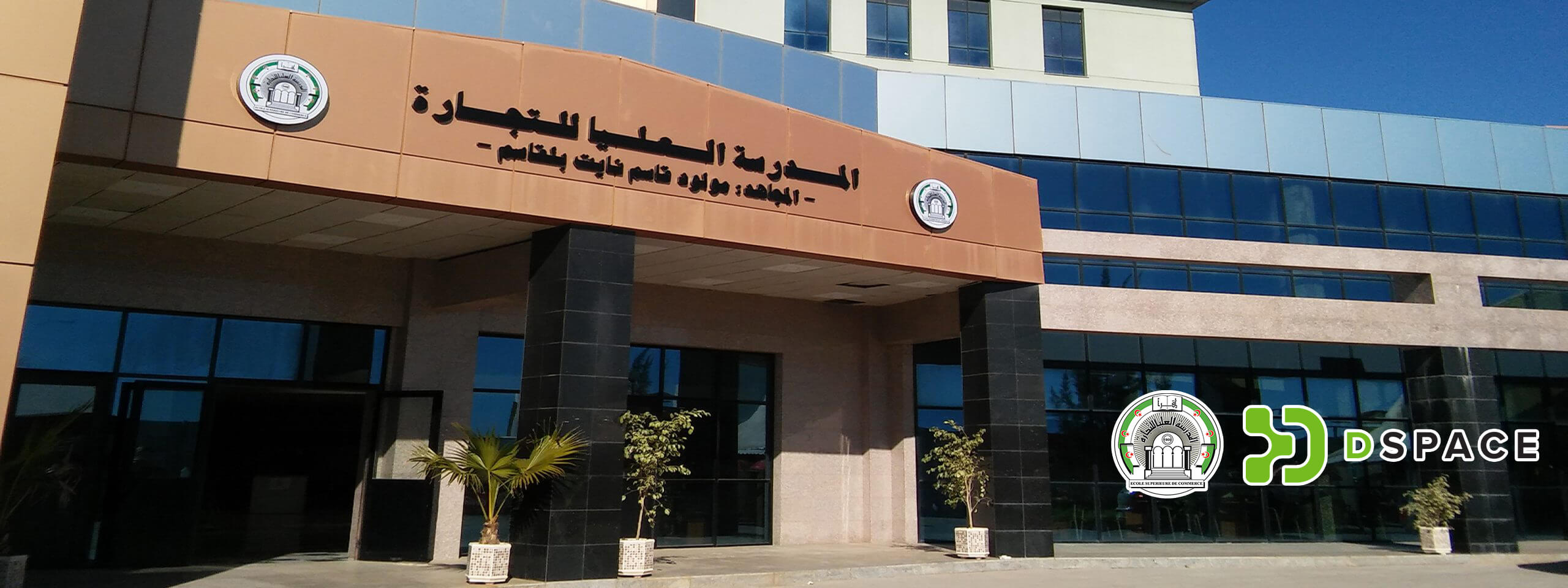Please use this identifier to cite or link to this item:
http://dspace.esc-alger.dz:8080/jspui/handle/123456789/1936Full metadata record
| DC Field | Value | Language |
|---|---|---|
| dc.contributor.author | MAAMIR, Safa | - |
| dc.contributor.editor | école supérieur de commerce - ALGER | |
| dc.date.accessioned | 2024-03-03T10:23:47Z | - |
| dc.date.available | 2024-03-03T10:23:47Z | - |
| dc.date.issued | 2023-06-01 | - |
| dc.identifier.other | D/T825 | - |
| dc.identifier.uri | http://dspace.esc-alger.dz:8080/xmlui/handle/123456789/1936 | - |
| dc.description.abstract | The present study aims at concretising the preventive management of risks theory through the application of the the knowledge –based process of the integrated management of Risks and Business Processes (K-PIMRBP), which is the process structuring the theory, to multiple case studies in the Algerian context. It aims also at providing practical implications of this abstract model and explaining its contribution in preventing from the operational risks in the enterprises studied. In order to reach the objectives of the study, we applied the K-PIMRBP to three production companies in which the operational risks have a significant impact. The present study involved three phases, in the first phase we conducted interviews with responsible persons in the enterprises studied to understand the context of the study, reveal the operational risks classes in each enterprise and formulate the hypotheses of the study. In the second phase, we applied the process of the preventive management of risks to the enterprises and we generated the diagrams of risk management, which constituted the knowledge in the present study, which were shared with the employees and then stored in files. In the third phase, we tested the hypotheses to reveal the effectiveness of the K-PIMRBP in preventing from the operational risks. In the present study, we opted for pragmatism paradigm and we adopted mixed methods. The main practical implications of the study constitute of the two main contributions of the preventive management of risks, which depend on the degree of the enterprise maturity in terms of quality management, where in high quality management enterprises this process contributes in raising employees’ awareness on risks, which leads to risk prevention. While in the case of poor quality management enterprises, this process contributes in training employees on risks in order to prevent from them | en_US |
| dc.language.iso | fr | en_US |
| dc.subject | risk | en_US |
| dc.subject | prevention | en_US |
| dc.subject | management | en_US |
| dc.title | Concretisation of the Preventive Management of Risks theory in multiple cases studies in the Algerian context | en_US |
| dc.type | Thesis | en_US |
| Appears in Collections: | Thesis doctoral أطروحات الدكتوراه | |
Files in This Item:
| File | Size | Format | |
|---|---|---|---|
| thesis final (2).pdf | 12,54 MB | Adobe PDF | View/Open |
Items in DSpace are protected by copyright, with all rights reserved, unless otherwise indicated.
